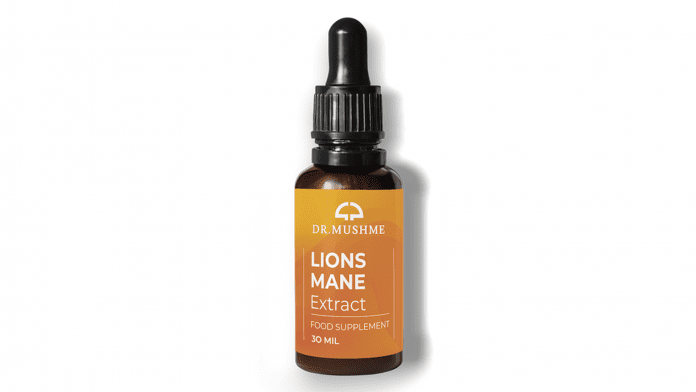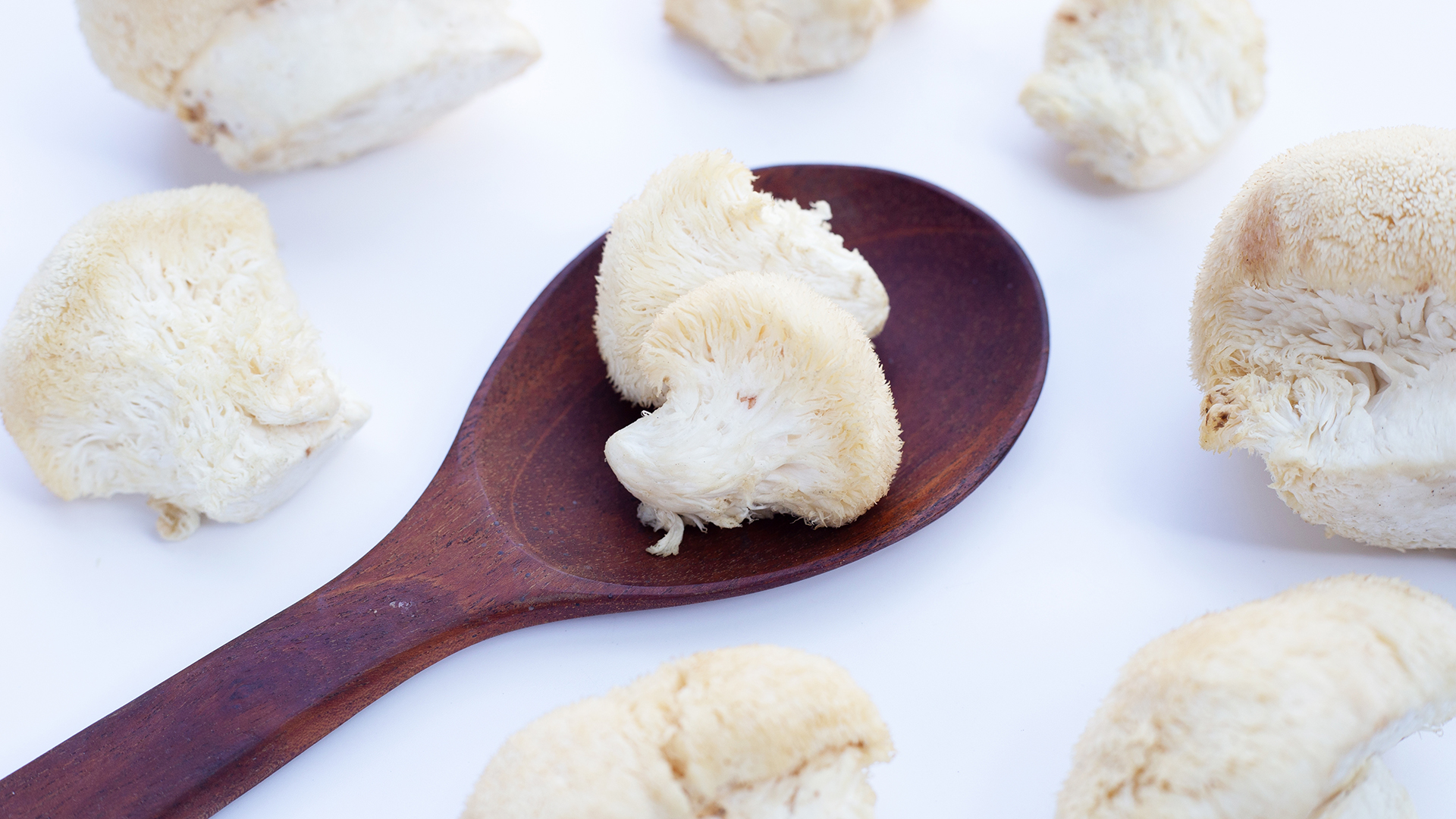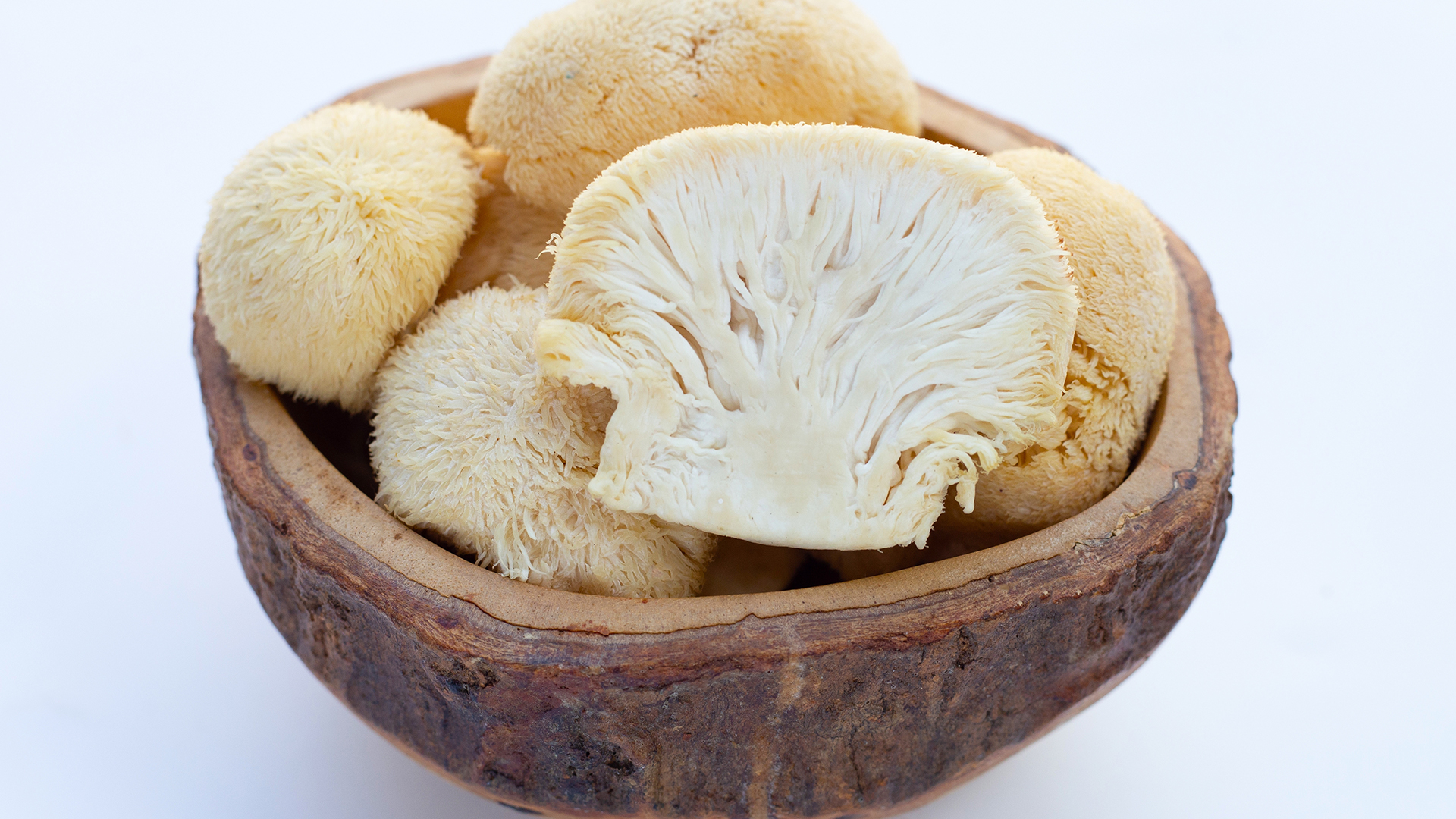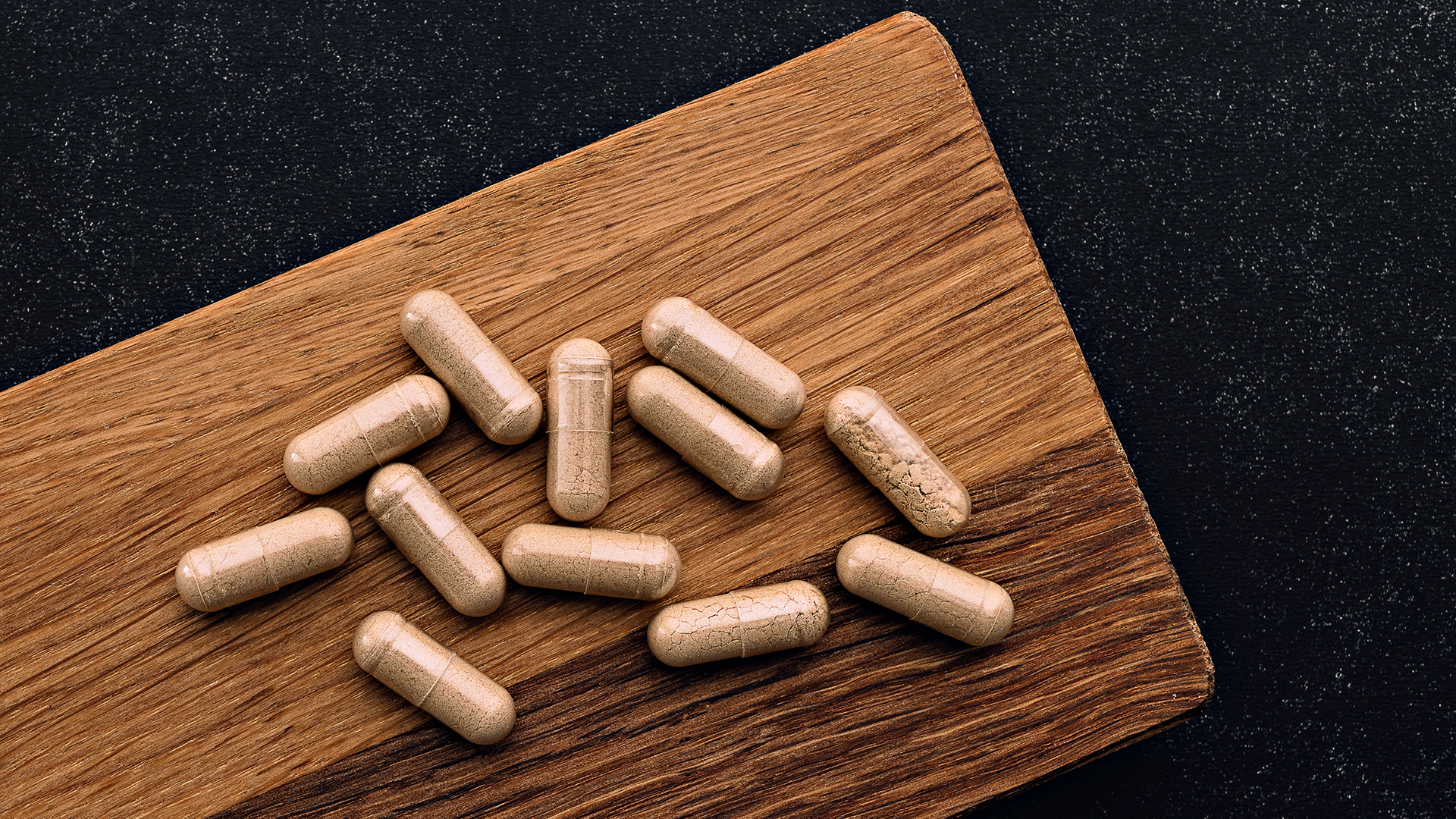
In the vast realm of nootropic mushrooms, few have garnered as much attention as the lion’s mane. A name synonymous with cognitive enhancement and natural health benefits, its popularity has soared in various parts of the world.
Particularly in Germany, the demand for lion’s mane mushrooms has seen a significant uptick. But why has this happened?
Let’s dive deep into the world of nootropics and uncover the reasons behind the mushrooming demand for lion’s mane in Germany.
Popularity of lion’s mane in Germany
Germany, known for its cutting-edge scientific research and deep-rooted appreciation for natural remedies, has become one of the frontrunners in the global nootropic market. Within this domain, the lion’s mane mushroom has risen to the top for German customers.
Cultural appreciation for natural products
Germans have always had a penchant for natural remedies and holistic treatments. As the world leans more towards organic, plant-based, and natural alternatives, the demand for such products has surged in Germany.

Scientific backing
With numerous research studies originating from Germany validating the benefits of lion’s mane mushrooms, it is no surprise that the mushroom has found a firm foothold in the market.1
Diverse usage
From tea and coffee blends to supplements, lion’s mane has found its way into a multitude of products, making it easily accessible and consumable for the masses.
The historical use of nootropic mushrooms
Nootropic mushrooms, including lion’s mane, have been a part of traditional medicine for centuries.
- Ancient civilizations: Ancient Chinese and Japanese healers revered lion’s mane for its health-enhancing properties. These mushrooms were believed to support cognitive function and boost overall vitality.
- Modern-day rediscovery: With the wave of holistic health and natural remedies sweeping the globe, nootropic mushrooms have once again found favour, especially in countries like Germany that combine ancient knowledge with scientific validation.
What are nootropics anyway? Manufactured vs natural
Nootropics are substances that enhance cognitive function. While the term “nootropic” might seem modern, humans have consumed these brain-boosters for ages.
Manufactured nootropics
These are synthetic compounds designed in labs, often tailored for specific cognitive enhancements. Examples include modafinil and racetams.
Natural nootropics
Nature has provided us with a plethora of cognitive enhancers. From the caffeine in coffee—arguably the most consumed nootropic worldwide—to the compounds in lion’s mane mushrooms, nature offers a vast array of options for those seeking a mental boost without synthetic interventions.

Various extraction methods and how ultrasonic assisted extraction tops them all
Lion’s mane, like other nootropic mushrooms, can be consumed in various forms. Extracts are especially popular, with several extraction methods employed to harness their benefits.
Solvent Extraction
Utilising solvents like alcohol or water, this method has been in use for decades. However, it may not be the most efficient for preserving all active compounds.2
Hot water extraction
Though widely used, this method often results in the loss of temperature-sensitive compounds.
Ultrasonic Assisted Extraction
A game-changer in the industry, ultrasonic assisted extraction (UAE) employs ultrasound waves to rupture cell walls, leading to higher yields of active compounds and a more potent extract.3
Its efficiency and effectiveness have made it a preferred choice for brands like Dr. Mush Me.
Shopping online: The best way to buy lion’s mane supplements
In today’s digital age, shopping online for lion’s mane supplements offers a plethora of advantages:
- Diverse options: Online platforms provide a wide array of products to choose from, ensuring customers find exactly what they’re looking for.
- Authentic reviews: Transparency is paramount. Online shopping allows for customer reviews, ensuring products like lion’s mane supplements are tried and tested.
- Ease of Access: No longer limited by geography, anyone can have top-tier products like those found at Dr. Mush Me delivered straight to their doorstep.
How to use lion’s mane mushrooms in a daily routine
There are many ways to enjoy this nootropic fungi; here are some ideas to get you started.
Supplements
The most popular option among German users. Available in capsule form, tincture form (highest bioavailability), or powders, they can be easily incorporated into daily routines. Add these to your morning routine to start the day off right.

Teas and brews
A soothing way to consume lion’s mane, perfect for focus and clearing brain fog in the early morning or to get over an afternoon slump. Coffee combined with a lions mane supplement is another popular choice.
Cooking
Fresh lion’s mane can be cooked and added to various dishes, offering a unique flavor profile. Make sure you research the quality and source of your mushroom in advance of purchase.
Research to support using lion’s mane for health conditions
Several studies have highlighted the potential benefits of lion’s mane, especially in the domain of cognitive health and neuroprotection.4 It has also been linked to:
Improved Digestive Health
Lion’s mane has been associated with the reduction of inflammation in the digestive tract.5
Enhanced Memory & Brain Function
Regular consumption might bolster memory and cognitive functions.6
Mood Regulation
Studies suggest potential anti-depressive and anti-anxiety effects.7
Conclusion
The surge in popularity of the lion’s mane mushroom in Germany can be attributed to a confluence of cultural appreciation, scientific validation, and an ever-evolving market landscape.
With brands like Dr. Mush Me leading the charge, it’s evident that lion’s mane will continue to roar in the world of nootropics.
References
- Lion’s Mane Mushroom Benefits
- Methods of Mushroom Extraction
- UAE and its Efficiency
- Neurotrophic properties of Lion’s Mane
- Mushrooms and Digestive Health
- Lion’s Mane and Cognitive Health
- Lion’s Mane and Mood










